Literature Review Assistant - Literature Review Guidance
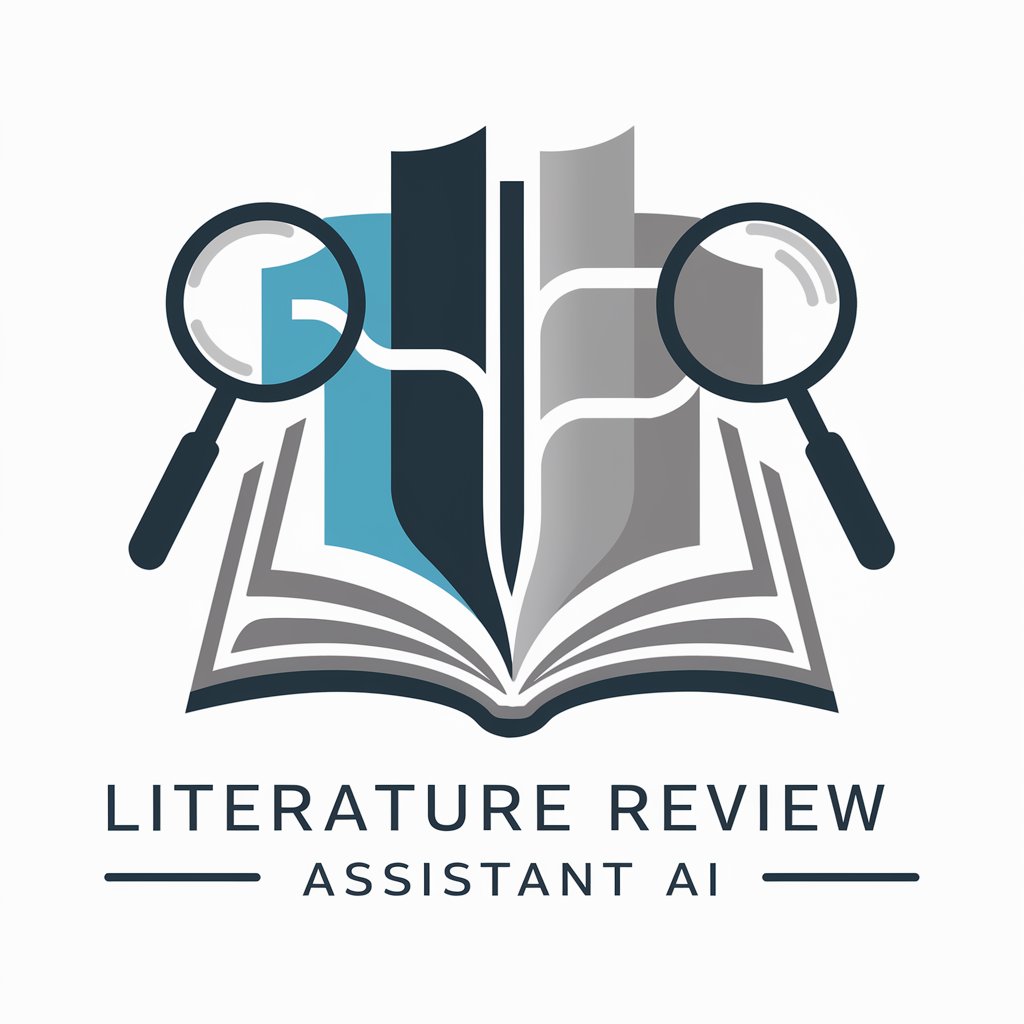
Welcome! I'm here to assist you with creating a comprehensive literature review.
Streamlining literature review with AI
What is the definition and purpose of a literature review?
How should the structure of a literature review be organized?
Can you explain the importance of critical thinking in literature reviews?
What are the final touches needed for a polished literature review?
Get Embed Code
Overview of Literature Review Assistant
Literature Review Assistant is designed to facilitate the process of composing literature reviews, a foundational element in academic research. This specialized tool guides users through defining the scope of their review, identifying relevant literature, and organizing their findings into a coherent structure. By emphasizing critical analysis, it helps in evaluating the significance, reliability, and relevance of existing research, thus enabling a thorough synthesis of knowledge in a given field. For instance, a user embarking on a research project on climate change mitigation strategies would be guided on how to systematically search for, appraise, and synthesize literature on the topic, identifying gaps in current knowledge and highlighting areas for further investigation. Powered by ChatGPT-4o。

Core Functions and Applications
Guidance on Structure
Example
Explaining the importance of a clear introduction, a well-organized body, and a concise conclusion in the literature review.
Scenario
A postgraduate student preparing their thesis literature review benefits from understanding how to introduce their research topic, systematically review and discuss the relevant literature, and summarize key findings and gaps.
Critical Thinking Emphasis
Example
Encouraging users to question the research methodology, data analysis, and conclusions of the literature they review.
Scenario
An academic researcher analyzing articles on educational technologies uses critical thinking to assess the validity of the research methods used in the studies, ensuring the reliability of their literature review.
Organizing and Synthesizing Literature
Example
Providing strategies for summarizing and integrating findings from multiple sources to draw cohesive conclusions.
Scenario
A healthcare professional compiling a review on the efficacy of telehealth services learns to categorize studies by outcomes, methodologies, and patient demographics, facilitating a comprehensive overview of the field.
Avoiding Common Mistakes and Plagiarism
Example
Highlighting frequent errors such as inadequate citation, failure to synthesize literature, and over-reliance on a limited number of sources.
Scenario
A novice researcher receives advice on proper citation practices and how to critically engage with sources to create an original, insightful literature review.
Target User Groups
Academic Researchers
Individuals conducting research in academic settings, including postgraduate students, lecturers, and professors, who need to synthesize existing literature to ground their research, identify gaps, and articulate new inquiries.
Professionals in Research-Intensive Fields
Professionals outside the academic sphere, such as in healthcare, engineering, and environmental science, who require up-to-date, comprehensive reviews of literature to inform practice, policy development, or innovation.
Undergraduate Students
Students working on term papers, capstone projects, or any academic assignment requiring them to engage with and review relevant literature, helping them develop critical thinking and academic writing skills.

How to Use Literature Review Assistant
Start Free Trial
Access yeschat.ai to begin your free trial without the need to log in or subscribe to ChatGPT Plus.
Define Your Topic
Clearly define your research question or thesis statement to guide your literature review process.
Utilize Search Features
Use the tool's search features to find relevant academic papers, articles, and books related to your topic.
Analyze and Organize
Critically analyze the literature for quality and relevance. Organize your findings by themes or chronological order.
Draft Your Review
Begin drafting your review, integrating your analyses and organizing them into a coherent structure with an introduction, body, and conclusion.
Try other advanced and practical GPTs
Brainwave Butler
Elevating Ideas with AI-Powered Insight
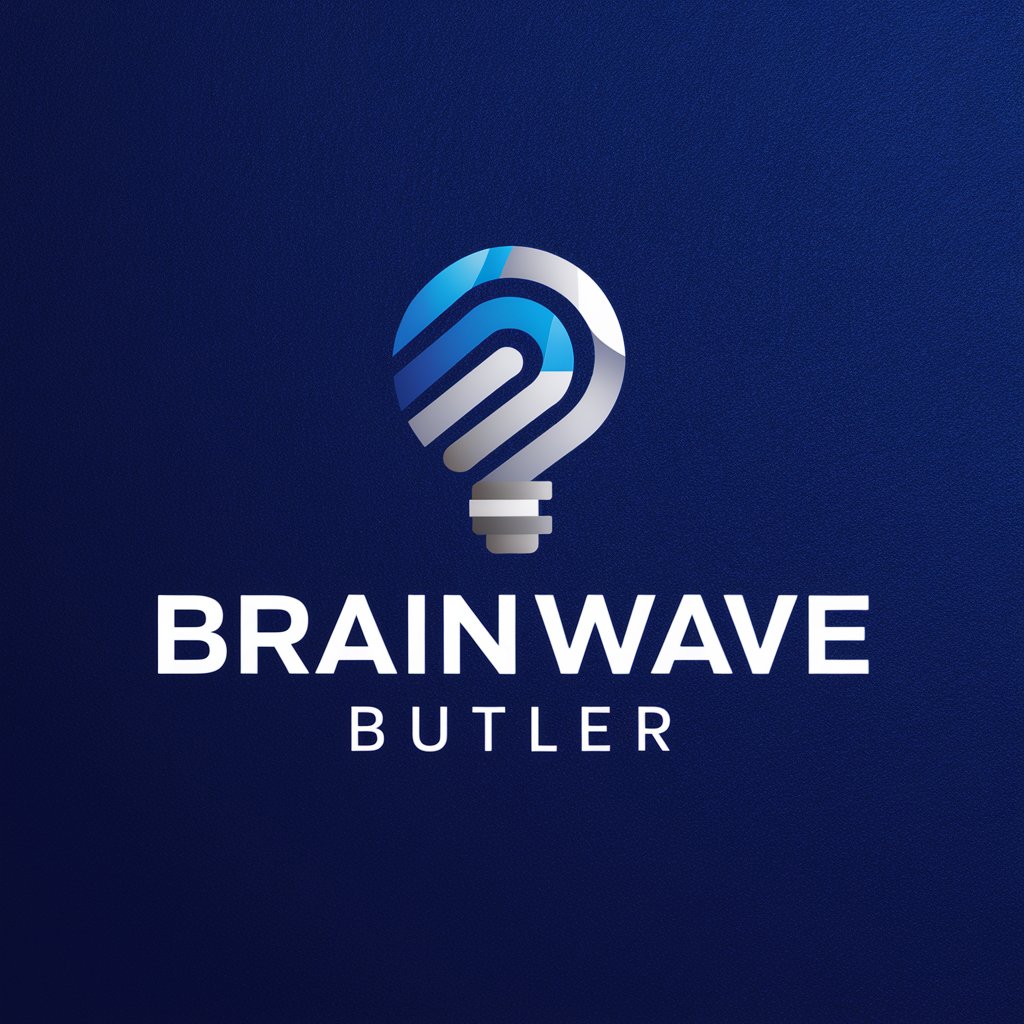
Locksmith San Jose, California AI Assistance
Unlocking San Jose, AI-Enhanced

Ultimate Game Guide
Elevate Your Game with AI
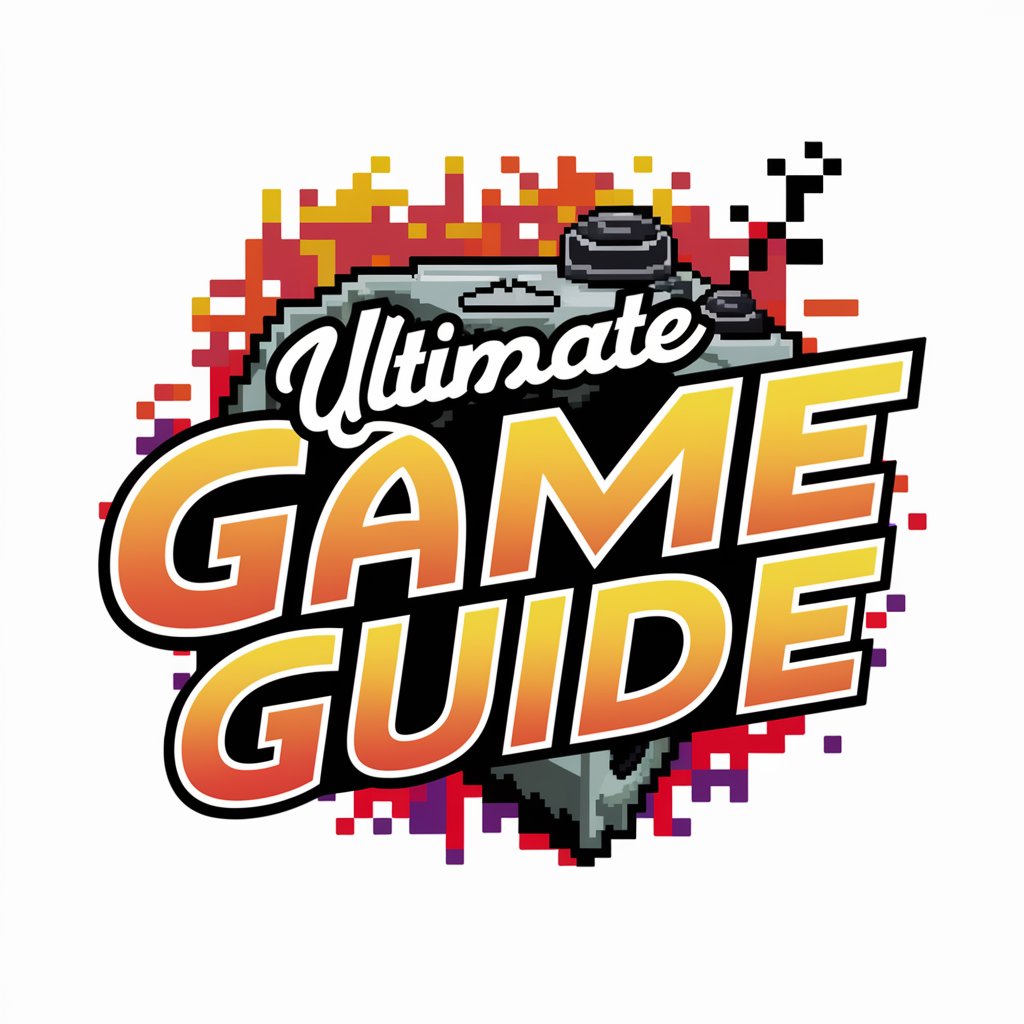
Quantum Thermodynamics ⚛️ Science Chat
Deciphering the quantum realm with AI.

Wasteland Wanderer
Shape your survival saga in a world reborn.
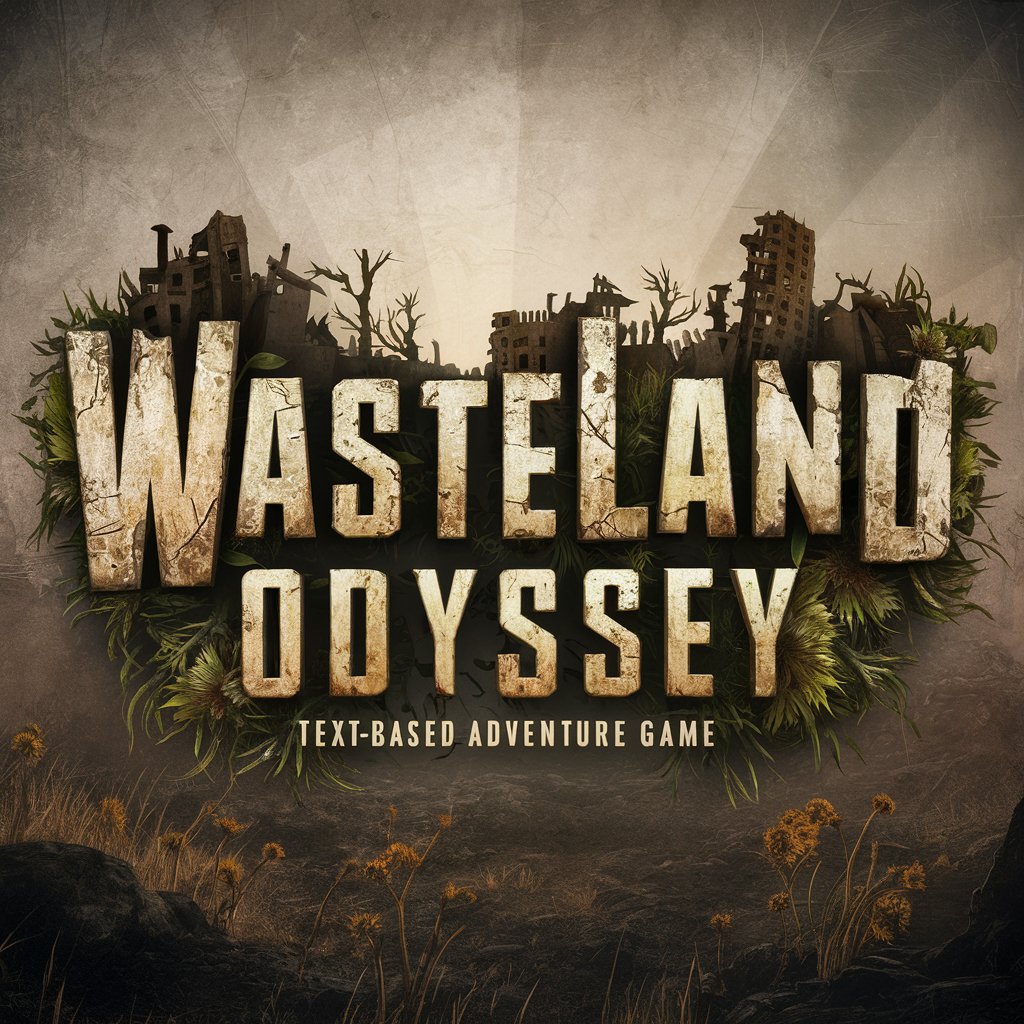
Locksmith El Paso, Texas AI Assistance
Unlocking Solutions with AI

RubberGPT
Empowering polymer innovation with AI

Karaoke Maestro
Tailor Your Karaoke Experience with AI

Maths Sats Buddy
Empowering Young Minds with AI-Powered Maths Learning
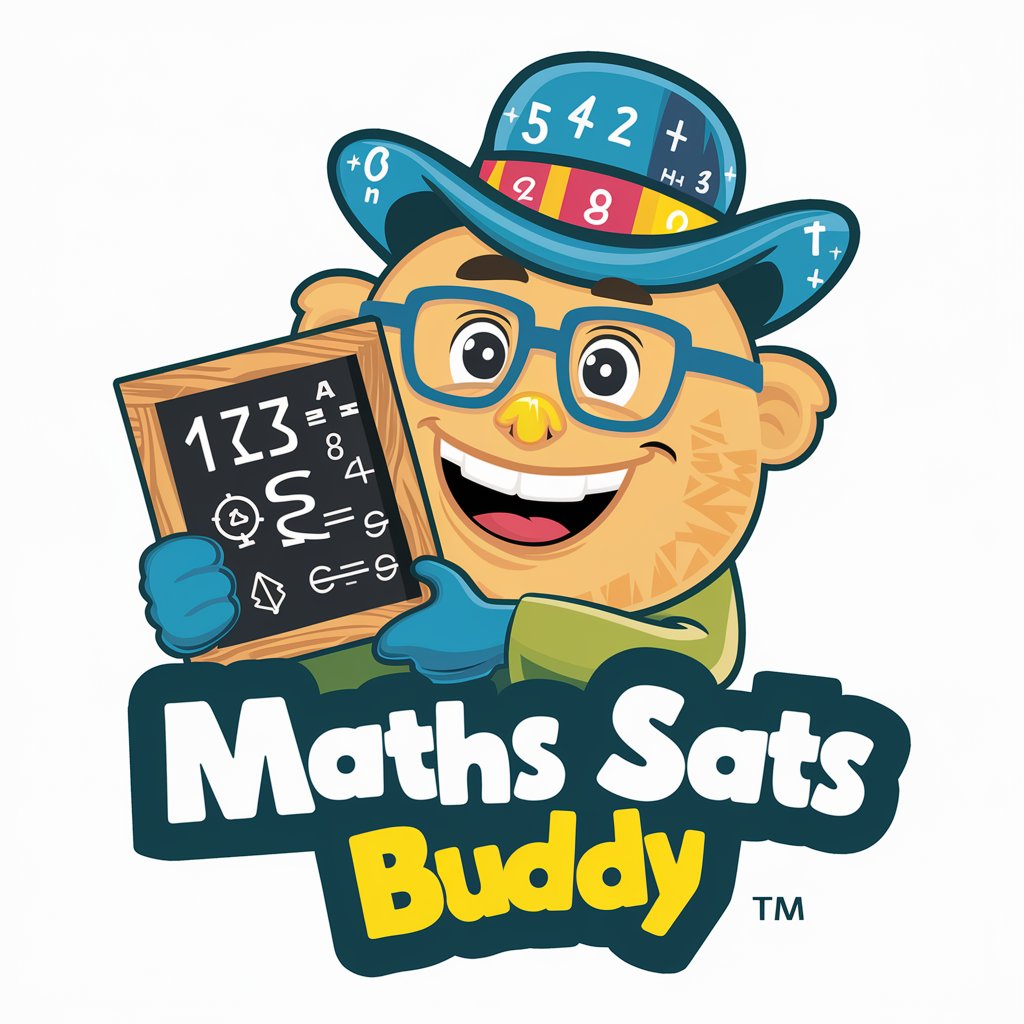
GPT Scout
Empowering Creativity with AI

Virtual Counselor using 'The Art Of War'
Strategic Counsel from Ancient Wisdom

Guide du Moteur à Hydrogène
Empowering Knowledge in Hydrogen Technology

FAQs about Literature Review Assistant
Can Literature Review Assistant help identify research gaps?
Yes, by summarizing and analyzing existing literature, the tool helps identify areas lacking in research, guiding users toward filling these gaps.
Does the tool provide sources for literature?
While the tool assists in organizing and analyzing literature, users are responsible for sourcing the literature through academic databases and journals.
Can I use this tool for non-academic writing?
Yes, Literature Review Assistant is versatile and can be used to organize and analyze literature for various types of writing projects beyond academia.
How does the tool aid in avoiding plagiarism?
The tool emphasizes the importance of proper citation and helps users track their sources, ensuring that all references are appropriately credited.
Is there a feature for feedback on my literature review draft?
While the tool provides guidance on structuring and organizing your review, direct feedback on drafts should be sought from peers or mentors.
